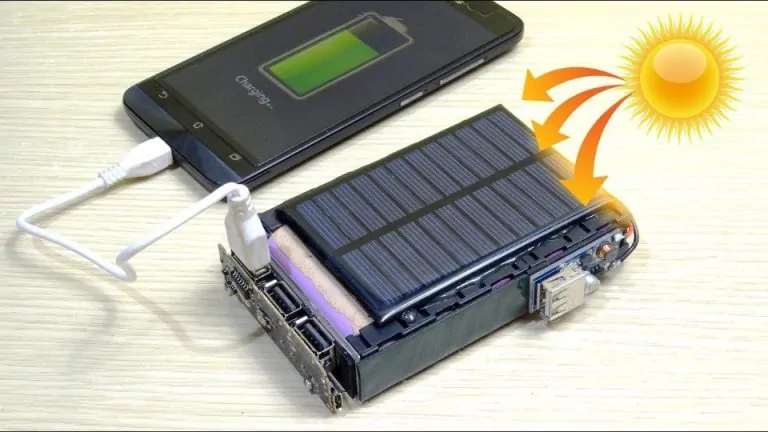What Specifications to Look For When Searching For the Right Laptop for Your Needs
The digital revolution of the 1980s and 1990s has resulted in a massive transformation in the power of modern IT hardware, while choosing the right make and model of laptop can be a challenging task, especially if you do not have the requisite knowledge. Indeed, if you are thinking about your next purchase of a laptop then you must understand the important specifications that align with your operating requirements. As a result, you should continue reading this insightful article because it will take you through the process step-by-step in order to understand the various factors that you must consider so that you can choose a notebook that is able to enhance your productivity and satisfaction.
- Consider the speed and cores of the CPU
- Amount of memory and storage
- Display quality and resolution
A. Consider the processor
Firstly, whenever you are in the market for new laptops, it is imperative to think about the processor, which is essentially the heart of your machine, dictating its overall level of performance. Indeed, you will be able to benefit significantly by understanding the nuances of the specifications, while whenever you are comparing different processors, considering the number of cores as well as the speed can help you make a decision that aligns with your daily requirements and future-proofs your investment. Furthermore, by selecting a CPU that can meet your current needs as well as future innovations and developments in both software and hardware, you can rest assured that your investment will continue working well in the future.
B. Memory and storage
Just as important as the CPU is the amount of memory and storage that is available in any machine you are thinking about purchasing. The amount of random access memory or RAM will have a direct impact on the laptop’s ability to handle multiple tasks at the same time. The currently accepted specification is that a minimum of 8GB of RAM is required for standard usage, but for more intensive tasks such as video editing or gaming, double that can give you a noticeable improvement in performance. Moreover, the type of storage device should also be considered, especially because solid-state drives or SSD drives have faster read and write speeds, helping to enhance boot times and overall performance.
C. Display quality and resolution
The last critical specification that requires your understanding is the display quality and resolution of any laptop you are thinking about buying. The screen is the primary interface through which you will interact with the laptop, making the quality level essential to improving your overall experience. By evaluating your visual needs, you will be able to choose a notebook with a display that complements your professional and personal requirements.
Therefore, in concluding, selecting the right laptop involves a comprehensive understanding of numerous important specifications, while you must focus on the CPU, amount of memory and storage that is available along with the quality and resolution of the display. By considering these factors you will be well-equipped to make a decision that can have an impact on your performance but your satisfaction with the device.






